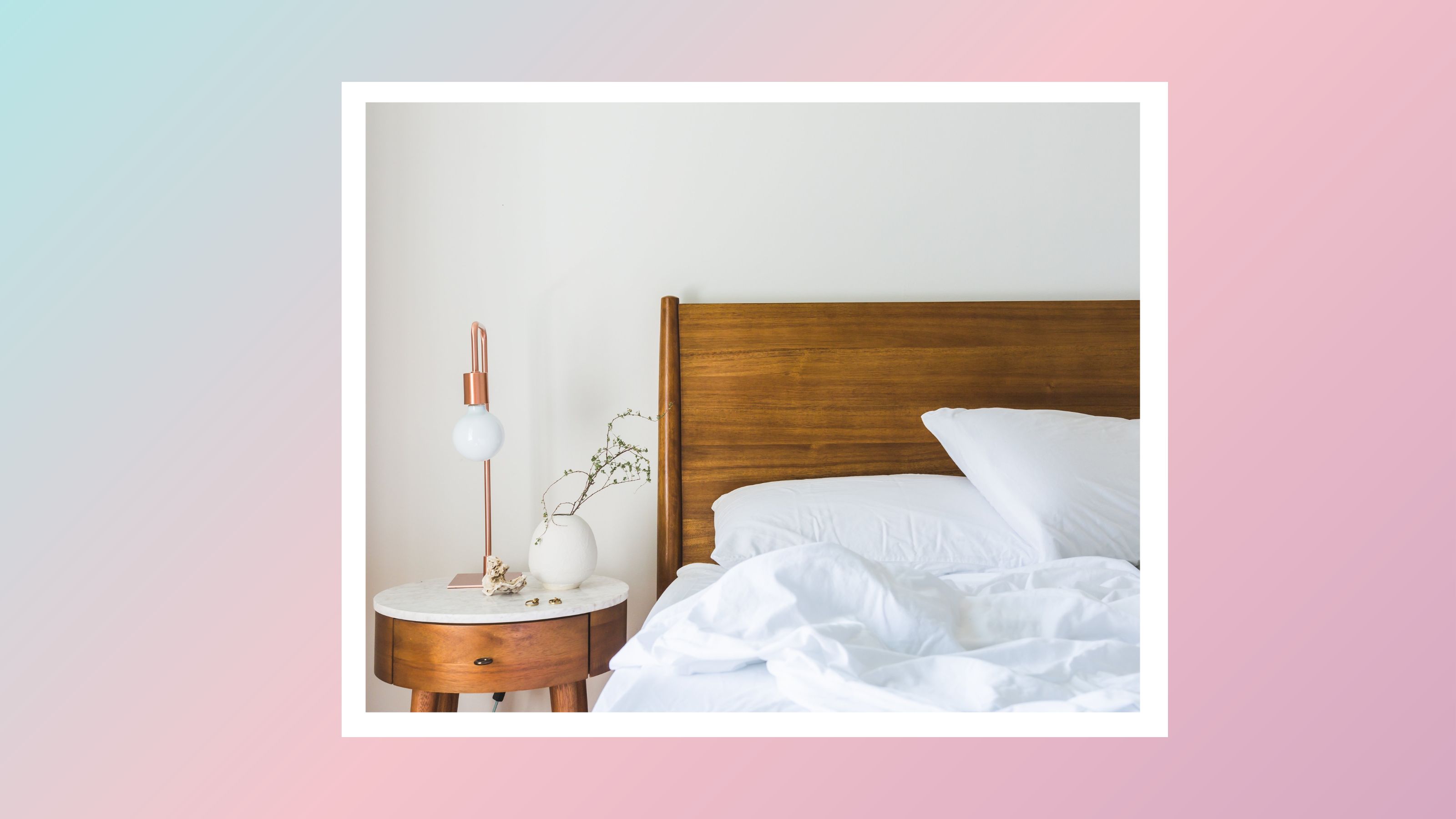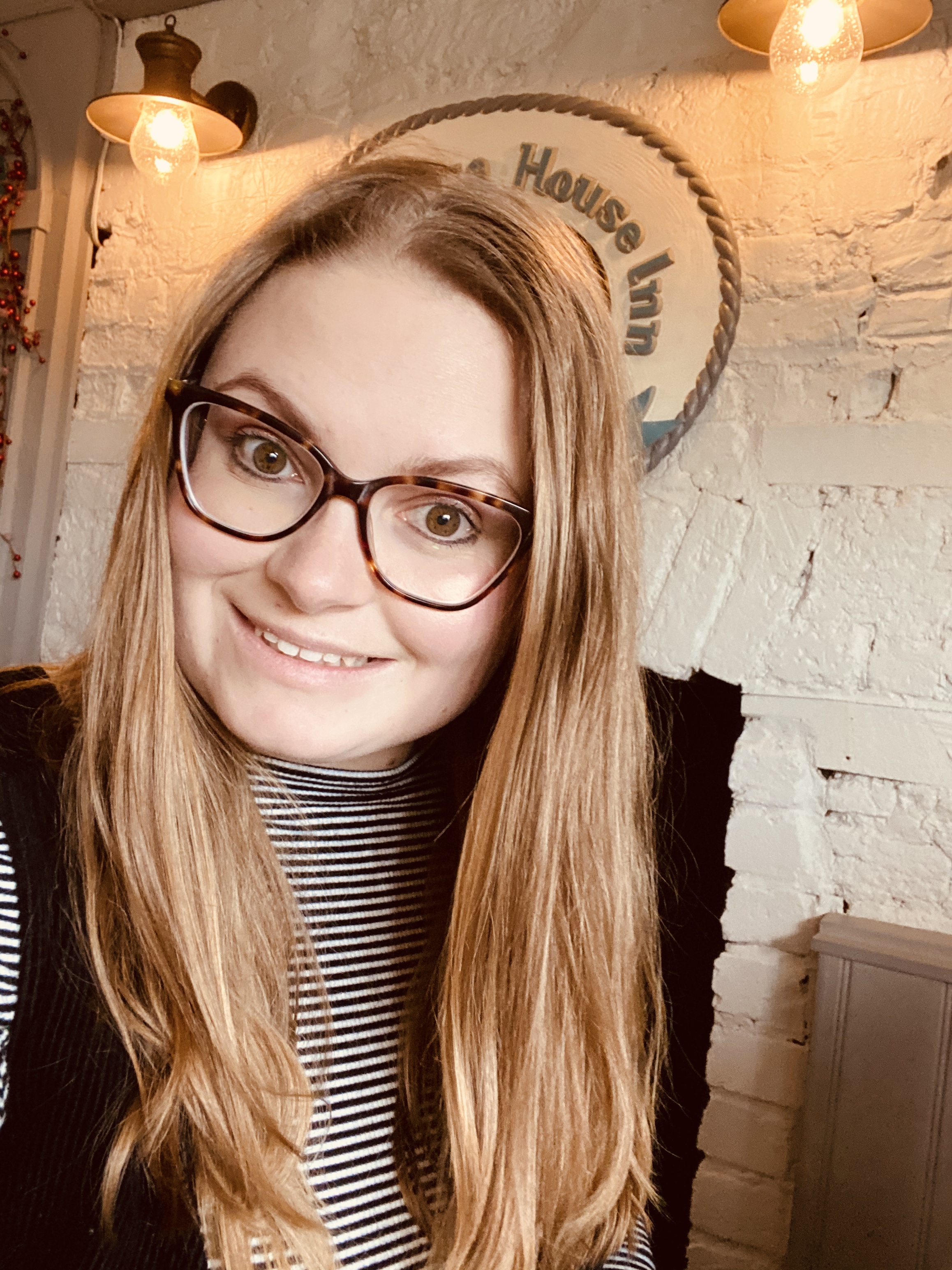What is a high thread count for sheets — and why does it matter?
JSYK, 1500 thread count doesn't guarantee high-quality sheets


Get small space home decor ideas, celeb inspiration, DIY tips and more, straight to your inbox!
You are now subscribed
Your newsletter sign-up was successful
POV: The time has come to replace your old bed sheets. You’re keen to treat yourself to some hotel-esque bedding, so naturally, you opt for the highest thread count bedding you can find. But when you unwrap your sheets and adorn your bed with them you’re left feeling disappointed as they just don’t feel as silky or smooth as you’d expected.
You're probably wondering what’s gone wrong. The chances are that you’ve picked out bedding with a high thread count that’s made from poor-quality fibers (yep, that's a thing), which is why your sheets don't feel as smooth as you'd expect.
Listen up besties, if you’re shopping for new sheets, understanding thread count and the ins and outs of what constitutes quality bedding is crucial. Else, you might just end up forking out for some hella expensive linens that aren’t even that comfortable.
Intrigued? Discover everything you need to know about thread count and why it matters when it comes to bedding.
What is thread count?
Let’s dive into it. So, thread count is the total number of yarns per square inch of fabric. And, usually, a high thread count means finer yarns have been used as you can fit thinner yarns into a square inch than you can with a thicker (or coaster) yarn. What this has led to is the concept that a higher thread count indicates higher-quality sheets that are softer and more durable.
But, that said, it’s not just the thread count that matters. Other factors, such as the quality of the fiber and the weave of the fiber also impact the quality of the sheets, like with cozy bamboo sheets. So, while it’s easy to get hung up on thread count, it’s important to realize that it isn’t the exclusive factor in high-quality bedding.
What is a high thread count?
What constitutes a high thread count is somewhat subjective. For some, a thread count of 500 or more is considered to be high, while for others sheets with a thread count of 1500 or higher are counted as a high thread count.
Get small space home decor ideas, celeb inspiration, DIY tips and more, straight to your inbox!
Why does thread count matter?
Traditionally, thread count mattered because the higher the thread count, the higher quality the sheets were considered to be. That said, what it’s important to appreciate is the fact that while higher thread count sheets can be of a higher quality than their lower thread count counterparts, thread count is not always an indicator of quality.
You see, the quality of the fibers used is also important in relation to how nice the bedding feels. So, while it’s true that bedding with a thread count of 500 may feel comparably better than a set of sheets with a thread count of 200 if both sets of sheets used the same yarn. Whereas, if the lower thread count sheets used a higher quality yarn than the high thread count sheets, you may find that the lower count sheets are actually the better option.
It’s also important to understand that there are some downsides to very high thread count sheets, where packing too many fibers into the fabric can sometimes impact airflow, resulting in sheets feeling heavier and less breathable.
In extremely high thread counts (such as 900 or more), it’s important to be aware that the thread count may be inflated with the use of double or triple-ply threads, which are often of lower quality. But with each thread featuring two or three fibers, they’re counter two or three times in regards to thread count, resulting in a set of sheets that have a thread count of 900 but are actually of a lower quality than a set with a thread count of 300.
What does it mean for bedding?
When choosing new bedding, it’s important to look at a range of factors, not just thread count. Yes, thread counts can be a good indicator of quality but this isn’t always the case. You'll want to make sure you can wash your sheets regularly while keeping the quality intact.
So, it pays to look at the material the sheets are made from and the fiber content of the material. You’ll find that 100% cotton weaves are always a great option, especially when compared to artificially manufactured materials (like polyester and polycotton) that tend to be of a lower quality regardless of thread count.

Hi! I’m Beth Mahoney and I’m a former staff writer at Real Homes. I’ve been a journalist for the national press for the past six years, specializing in commerce and trends-related lifestyle articles, from product reviews and listicles to guides and features. With an eye for pretty things (think: quirky wall prints, scalloped edge furniture, and decadent-looking tableware) but a limited budget, I love nothing more than a bargain buy.